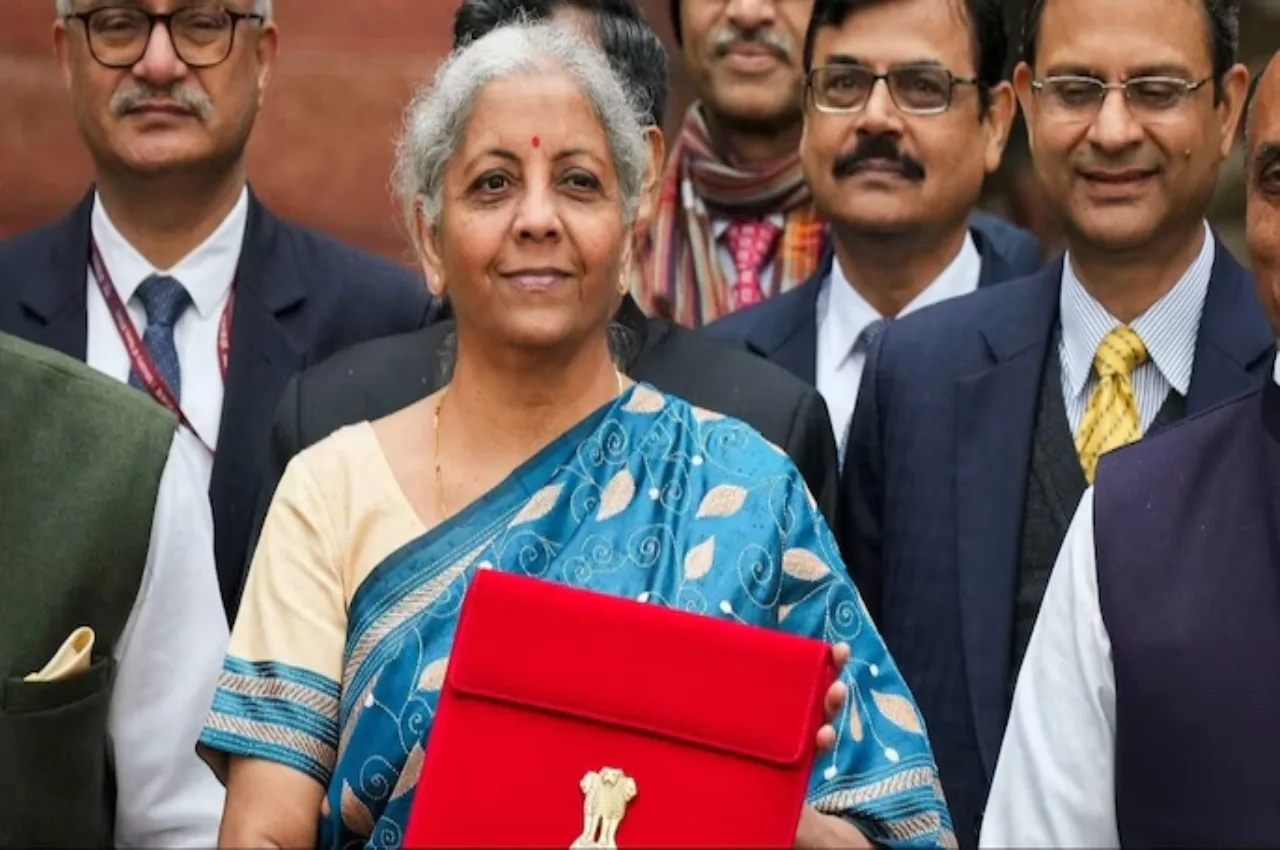The Union Budget 2025 is ahead. And all eyes are on this upcoming budget. The common people are waiting to know what the price of the item will increase or the price of which item will be reduced. As we get closer to the Union Budget 2025, the insurance industry is sharing its hopes for boosting health insurance coverage and tackling affordability issues. They’re pushing for a few key changes, like lowering the GST on health insurance premiums, updating tax breaks under Section 80D, and creating a specific health regulator to keep up with rising medical costs. Industry leaders, including Tapan Singhel from Bajaj Allianz and Srinivasan Gopalan from Galaxy Health Insurance, stress that these changes are vital for supporting the “missing middle” group, enhancing financial stability, and ensuring fair access to healthcare.
With healthcare expenses climbing and insurance coverage still low, the sector is advocating for significant steps to make health insurance more reachable and sustainable. Singhel pointed out that one major issue is the steep GST on insurance premiums, which has kept many people from getting the coverage they need.
GST Reduction on Health Insurance Premiums
Tapan Singhel says, ‘Lowering the GST on health insurance premiums would really help make them more affordable. If cutting the GST isn’t an option, we could look at other solutions, like allowing full tax deductions for health insurance premiums under Section 80D, which could boost adoption without hurting government revenue.’
Section 80D of the Income Tax Act
Srinivasan Gopalan, MD & CEO of Galaxy Health Insurance Company, emphasized that a significant portion of the population remains either uninsured or inadequately insured in terms of health coverage.
He stated, “The limits under Section 80D should be raised to Rs 50,000 for all individuals and Rs 1,00,000 for senior citizens. Additionally, Section 80D should be applicable under the new taxation framework to promote greater health insurance uptake. Furthermore, Rule 6E, which currently allows for the calculation of unexpired premium reserves at 50%, should be revised to adopt the 1/365 method as permitted by the IRDAI for the preparation of insurance companies’ financial statements.” Singhel suggested that a more comprehensive approach could include offering a full tax exemption on premiums for all protection-oriented products, such as health insurance, home insurance, personal accident coverage, and term life insurance.
“Implementing such initiatives would encourage individuals to pursue personal protection and improve insurance penetration, thereby establishing it as an essential component of financial security. Ultimately, these adjustments would enhance the financial resilience of citizens while ensuring sustained GST revenue for the government,” Singhel remarked.
Health Regulator
Another key expectation is the establishment of a health regulator, as pointed out by Singhel. The rising medical inflation, driven by increasing hospitalization costs, poses a challenge for insurers, who are limited in their ability to adjust product prices every three years. Medical inflation can rise significantly during this timeframe—sometimes approaching 15%. To address this issue, it is vital to ensure pricing consistency at the hospital level.
